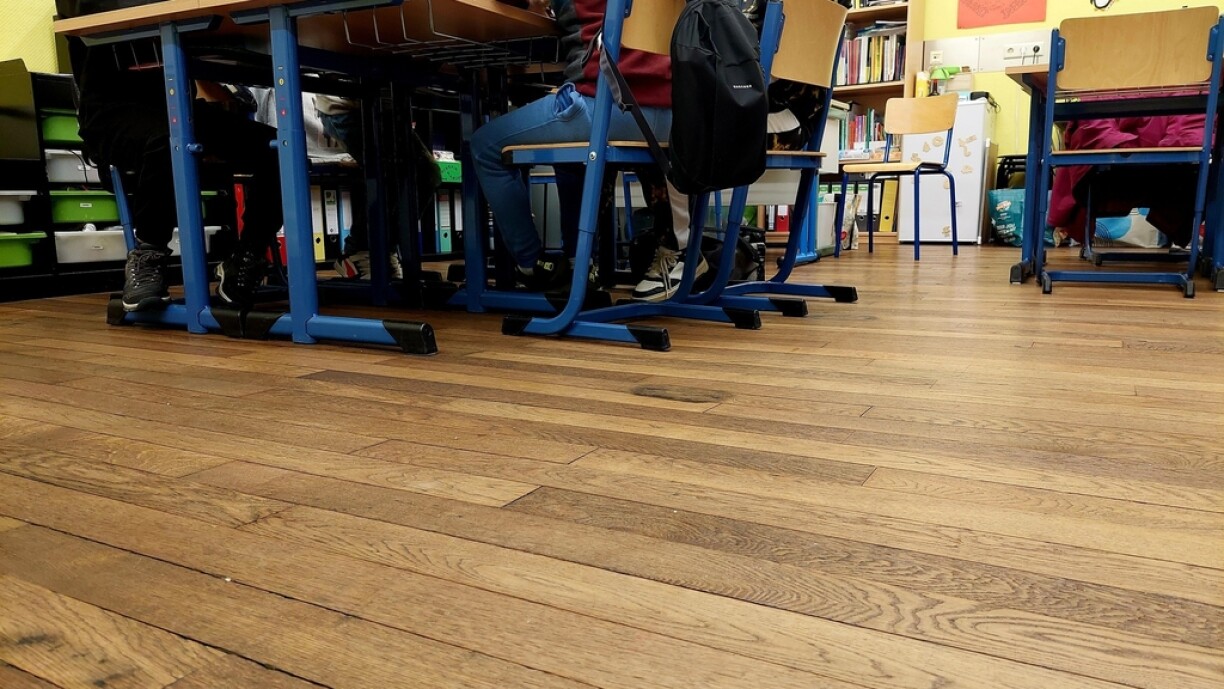
The topic of French literacy classes was discussed in the Parliamentary Education Committee on Thursday. This committee is one of several that recently started livestreaming their meetings.
From September, over 400 children will be affected by Project Alpha, with some learning to read and write in French. “We are approaching this cautiously and without getting ahead of ourselves,” stated Minister of Education Claude Meisch on Thursday. Meisch emphasised that introducing the option to learn to read and write in either French or German would be a major reform. However, Script Director Luc Weis noted the necessity of this change: “Today, fewer than one in three children enrolled in Luxembourg’s public school system speak Luxembourgish as their first language at home.”
The current student population is different compared to 20 years ago, with two-thirds not speaking Luxembourgish at home. For the sake of fairness, the government considers it important to offer these children an opportunity to learn to read and write in a language they are more comfortable with. It has not yet been decided whether French literacy classes will be introduced in all schools.
All parties represented in the Chamber of Deputies support the pilot project, though the Alternative Democratic Reform Party (adr) has expressed more concerns than others. Meanwhile, MP Francine Closener of the Luxembourg Socialist Workers’ Party (LSAP) raised organisational questions: “What would happen if, in a school, the majority—say over 80%—of parents select German or perhaps French? Would that still be feasible from a logistical and organisational point of view?”
MP Alex Donnersbach of the Christian Social People’s Party (CSV) echoed these concerns, expressing hope that all aspects would be taken into account and that the change would not create “complete chaos” for teachers once implemented.
CSV MP Diane Adehm looked further into the future, noting that, in her experience, demand for English classes was also steadily increasing. She questioned whether the government was considering introducing a pilot project in public primary education to allow children to learn to read and write in English.
Minister Meisch acknowledged that the question is valid, “but not for right now,” highlighting the existence of public international schools. He stated that his ministry wants to focus on gaining experience with the current pilot project and, if at all, introduce French literacy classes no earlier than the 2026/2027 school year.